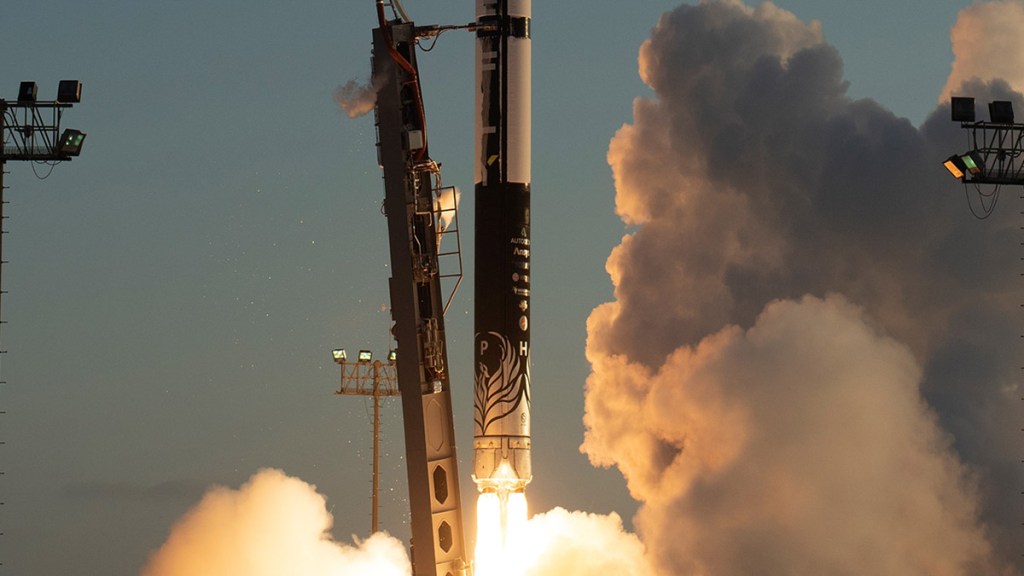
Firefly will attempt to launch its second Alpha rocket from Vandenberg Space Force Base as soon as May. This comes after securing funding after one of its investors was forced to sell his stake.
According to CNBC, the stake owned by a firm run by Ukrainian entrepreneur Max Polyakov was purchased by AE Industrial Partners (AEI). AEI also led a $75 million fundraise for the company making its growth plan “fully funder,” according to Firefly CEO Tom Markusic. This funding raises the company’s valuation, but AEI declined to give specifics, saying it was higher than Firefly’s $1 billion valuations from May of 2021.
Earlier this year, Vandenberg Space Force Base blocked Firefly from launching again from its site until Polyakov’s stake was divested, stating security concerns. With that hurdle behind it, Firefly can again focus on returning to flight with its medium-class Alpha rocket.
The last time the rocket flew, it experienced an issue with one of its engines, causing a loss of the vehicle. “We think it’ll take us about eight weeks from here to launch – so in May is our target,” Markusic told CNBC.

This upcoming launch will be a repeat of the first Alpha launch. Alpha can launch up to 1,000 kg of payload to low Earth orbit for around $15 million. This payload capacity puts Alpha in a class just above the SmallSat launchers like Rocket Lab, Astra, and Virgin Orbit. Other rockets similar to it are Relativity’s Terran 1, ABL Space Systems’ RS1, and Arianespace’s Vega.
It will be exciting to see Firefly and its team return to the launch site. The building market for low-cost options for smaller-sized satellites has been building for some time now. Soon the next wave of satellite constellations for both commercial and defense programs looks like it will be enough to fill the manifests of these new rockets.
FTC: We use income earning auto affiliate links. More.



Comments